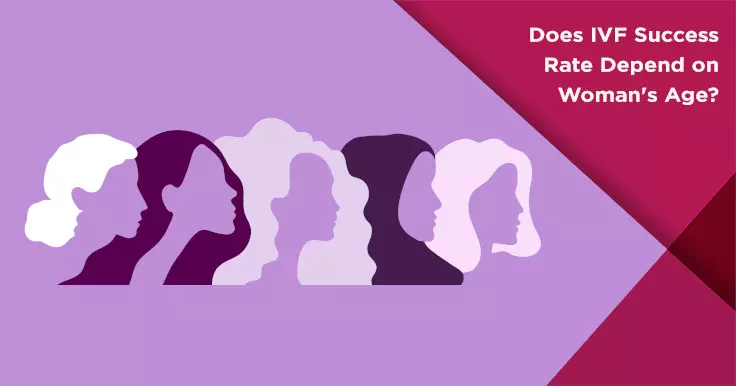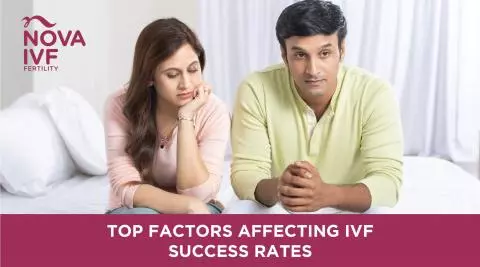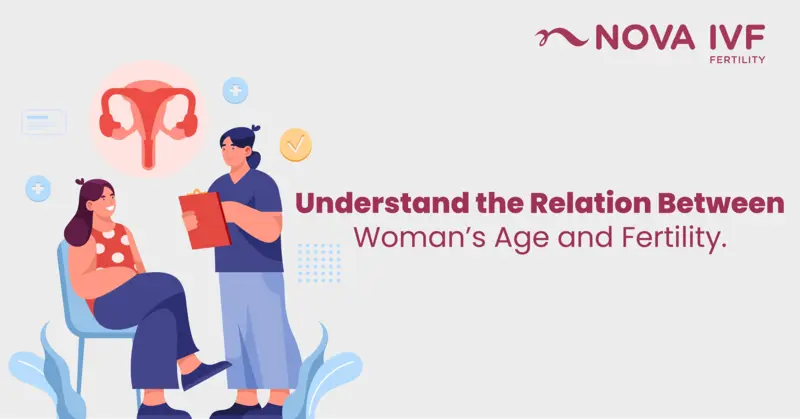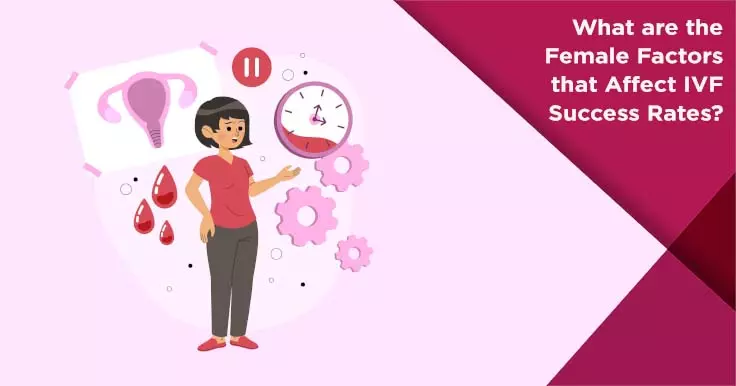Does Women Age Affects IVF Treatment Success: What You Need to Know

IVF is a very common mode of fertility treatment for couples unable to conceive on their own. The treatment usually has a high success rate but this is not even across all couples. There are many factors that influence an IVF success rate calculator.
Age
A woman’s age is one of the most important factors influencing the IVF success rate. Younger women usually have a higher chance of success as compared to older women. This is because the quality and number of eggs available decreases as one grows older. The success rate for women below the age of 35 years is as high as 40% while for women over the age of 42 years, it is a mere 4%.
Type of Fertility Problem
IVF success rate is largely dependent on ovulation. Thus, certain types of fertility issues such as high FSH levels, uterine abnormalities, tumours in the reproductive system or an ovarian dysfunction could lower the IVF success rates. The success rate may also be lower than normal if the woman needs a strong dose of ovarian stimulation drugs. If both partners are infertile, the length of time they have been infertile for may also influence IVF success rates.
Lifestyle Habits
One must also consider one’s lifestyle when assessing the chances of having a successful IVF cycle. Habits like smoking can be very detrimental to fertility. Most women are advised to stop smoking at least 3 months before starting an IVF cycle. Being overweight or obese may also affect success rates. Women who are overweight or obese have a higher risk of miscarriages. At the same time, being underweight can also increase the risk of pregnancy related complications and affect IVF success rates.
Last but not least, the centre where you choose to undergo IVF treatment also plays a role in determining your chances of successfully conceiving a baby.
 Infertility Counselling
Infertility Counselling Female Infertility Treatment
Female Infertility Treatment Andrology Treatment
Andrology Treatment Fertility Enhancing Surgeries - Female
Fertility Enhancing Surgeries - Female Fertility Enhancing Surgeries - Male
Fertility Enhancing Surgeries - Male Endoscopy Treatment
Endoscopy Treatment IUI Treatment
IUI Treatment IVF Treatment
IVF Treatment ICSI Treatment
ICSI Treatment Advanced IVF Solutions
Advanced IVF Solutions Embryology
Embryology Vitrification Egg, Embryo, Sperm Freezing
Vitrification Egg, Embryo, Sperm Freezing Preimplantation Genetic Testing (PGT)
Preimplantation Genetic Testing (PGT) Donation Program Embryo / Egg / Sperm
Donation Program Embryo / Egg / Sperm Self-cycleTM IVF
Self-cycleTM IVF

 Self-cycleTM IVF
Self-cycleTM IVF










